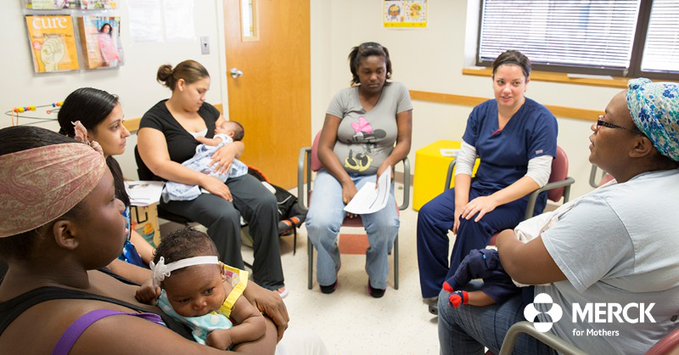2021 is shaping up to be a year of momentous change for gender equality movements. Here at Philanthropy Women, we’re taking a moment to look back at 2020 — a tumultuous year, to say the least, but one in which we realized the true impact of our organization and our work around the world.

The 2020 Philanthropy Women Media Impact Report offers a look into a year of incredible growth, progress, and partnership. Based on 12 months of publishing, this report breaks down our successes as a news outlet from a variety of perspectives, and offers an excellent look not just at our impact, but our role as a connector and facilitator for networks, campaigns, and conversations within the feminist philanthropy sphere.
Read More









